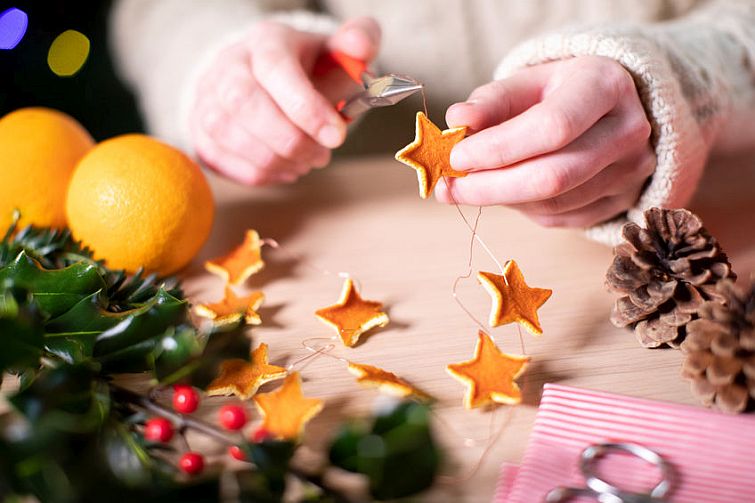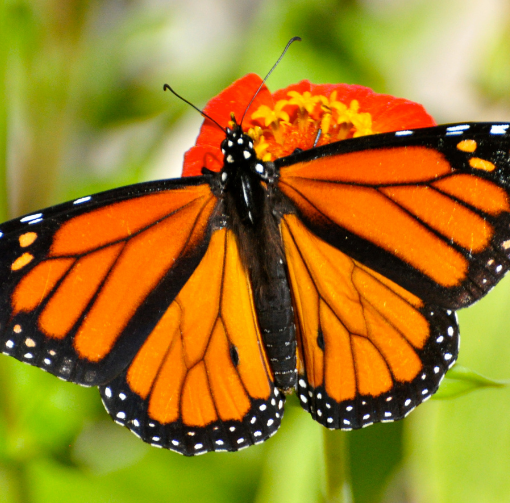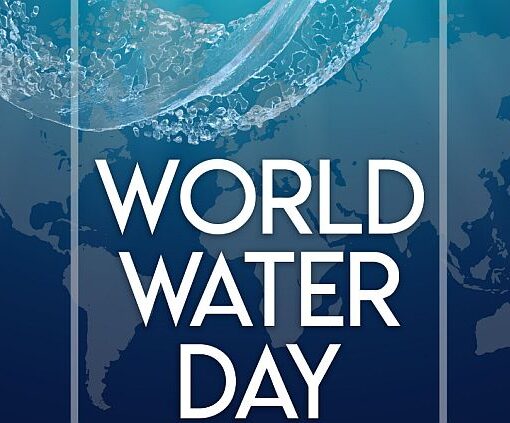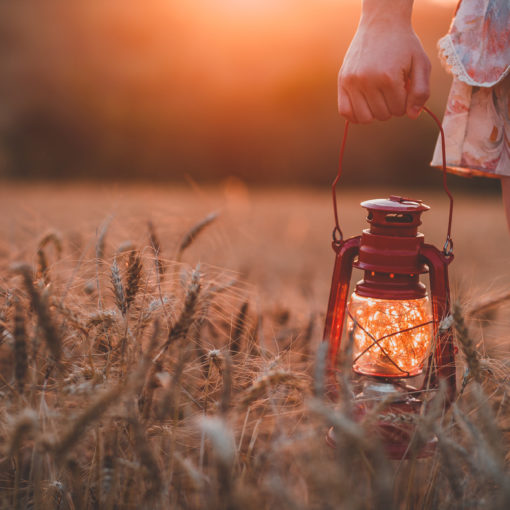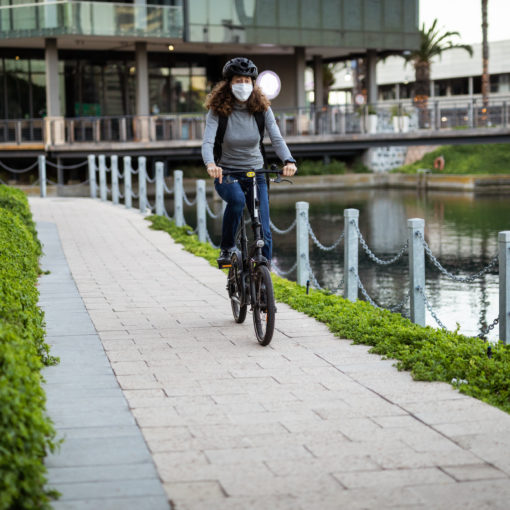Share This Article
This Sustainable Christmas Guide is designed to help you make sustainable choices for Christmas 2020 and will probably save you money, help to cut back on waste and keep you healthier.
#1 Real or artificial Christmas Tree?
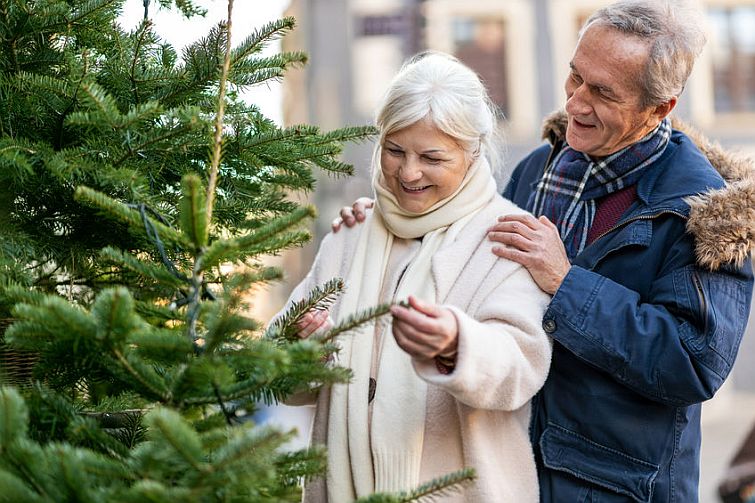
Many people have put their Christmas tree up earlier this year to bring some ‘festive cheer’ at a time when we all could do with it. But have you ever thought about the sustainability arguments about buying a tree? The argument ‘real tree versus artificial’ is actually not that straightforward. The Guardian newspaper from the UK examined this conundrum in 2018 using data from The Carbon Trust.
When you choose a real tree it means that the tree has been cut down. After Christmas most trees get thrown away and end up in landfill. If that happens, a 6.5ft tall real tree could result in a carbon footprint of 16kg CO2 if it ends up in a landfill because the tree decomposes and produces methane gas – which is 25 times more potent as a greenhouse gas than CO2.
However, the options for an artificial tree are not clear cut either. Most artificial trees are plastic made from oil, a fossil fuel, which creates most of the carbon footprint. A 6.5ft artificial tree has a carbon footprint equivalent to about 40kg of greenhouse gas emissions. This is more than twice that of a real tree that ends its life in landfill and more than 10 times that of a real tree which is burnt.
The best option for a sustainable Christmas is probably to choose a local real tree rather than an imported one and recycle it by having it chipped. Or if you have a garden, buy a pot-grown tree and plant it there after Christmas and reuse next year! Buying from a local company or farm will give much needed support in your community.
Of course another thing to think about is the decorations. Keep using them year after year but when you need more, it’s so much nicer to make your own. You could bake gingerbread men (which will definitely get eaten!), dry slices of orange or cook popcorn and string them up or use natural materials like holly branches, palms, conifer or any trees local to you. Children will love getting involved in this (and lots of adults too!) plus your house will smell amazing!
#2 Presents that make a difference
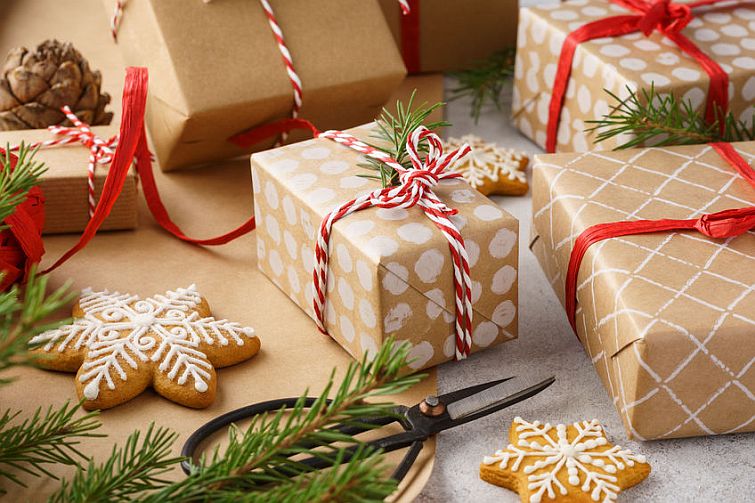
One of the big excitements about Christmas in many countries around the world is gifts. Now we are not suggesting that you become a ‘Scrooge’ at Christmas but there are lots of ways you can find sustainable Christmas gifts. Consider those that will last or will have special meaning for the recipient. Something which has taken some thought and time on your part. These personal gifts are so often the ones which are most appreciated. Here are some ideas to get you thinking!
- Invest in quality so your gift is something that lasts
- Carbon offset on a platform like Wayaj or plant a tree yourself on behalf of someone else
- Virtual travel e-voucher – to visit a community, take part in a cookery course, go on safari
- Sponsor a child or ‘adopt’ an animal
- Donate on behalf of your loved one to an animal conservation project
- Calendar or book about growing vegetables
- Magazine subscription or books about the natural world, like bird watching
- Craft kits to make your own
- Materials for upcycling clothes like patches, coloured thread
- Anything made from recycled materials like bags, sneakers, clothing
- Eco friendly toiletries, non-paraffin candles with organic fragrance
- Local food, homemade jams and relishes in glass jars, Fairtrade chocolates
- Refurbished tech or brands who support non-conflict minerals
- A bicycle to avoid using the car or accessories if they already have one
These are all ideas which make original gifts with the added advantage of having a lower carbon footprint or helping people to do something good for the planet and other people.
The pandemic has made us more aware of the importance of protecting the natural world and helped us to appreciate the important things in life. Many of us have also realized how much we can actually do without. Make 2020 your most sustainable Christmas ever!
#3 What do I wear?
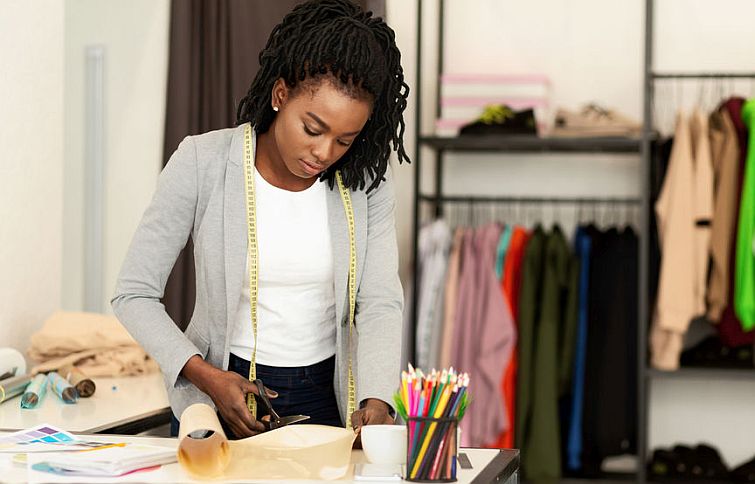
Christmas is often the one time of year we like to dress up and whilst large gatherings are not encouraged, some people will be able to get together with family for the festive period if lockdown rules allow.
The clothing industry is a massive contributor to the environmental and social problems in the world today. It is also an industry which encourages such high levels of overconsumption driven by fast fashion and peer pressure. But you can still look great at Christmas without it costing the earth – in both senses of that phrase.
There are many sustainable fashion brands to choose from who are likely to use natural fabrics rather than synthetics made from fossil fuels or using toxic chemicals in the process. These will feel nicer to wear and they will keep you cool too! Vintage clothing is in vogue! The second-hand market has increased massively, growing 21 times faster than the retail market over the past three years, according to retail analytics firm GlobalData (2019).
Another really popular fashion trend is upcycling. This involves taking an existing garment and making something new from it. This could just be adding some embellishment like patches or embroidery or removing the sleeves to make a waistcoat from a jacket for example. Another innovative technique is to take a number of different garments and use the fabric to create a totally new outfit. Many fashion designers are active in this area and are using leftover rolls of fabric which together can create a new outfit.
There are also increasing numbers of fashion brands who are using recycled materials in their clothing, such as recycled polyester as filling for high-performance coats rather than controversial duck feathers. Or recycled plastic to make high quality shoes and sneakers.
Taking this approach helps to reconnect us with the clothes we wear and make them a reflection of our own personality. This is what fashion used to be. If you are interested in finding out how to be a sustainable fashionista, check out the Fashion Revolution website, a global campaign for a better and fairer clothing industry.
#4 Christmas food and drink doesn’t have to be excessive
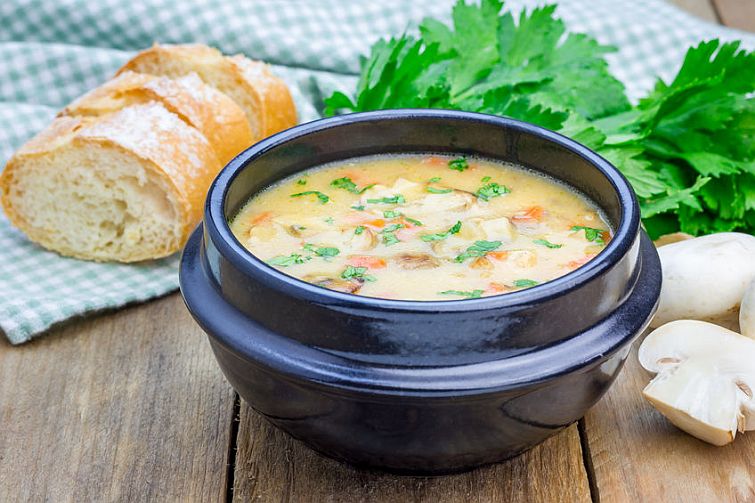
For many, the best thing about the festive season is the opportunity to enjoy food and drink around a table with family and friends. It is probably a time when far too much is bought – and wasted. But there are so many ways you can serve amazing food and enjoy a more sustainable Christmas.
Christmas is a time when we want to offer the best and give our guests a real treat. So why not try some organic options such as organic fruit and vegetables, which are grown in a way which is better for the soil and the environment. Plus they will taste amazing too! Consider trying some organic wines which are less likely to leave you with a headache due to their low levels of sulphites. Buying fairtrade coffee and chocolate is another way to give back and support local communities whilst indulging at the same time!
Most of us buy too much food at Christmas but there are ways to allow for this. Doing a bit of pre-planning and making a list of what you need based on the number of guests will help you avoid overbuying. Another way to reduce food waste is to find some recipes for leftovers. There are plenty out there or you can come up with your own. You could even let guests share the leftovers and see who comes up with the best recipe! And when you gather up your leftovers, ditch the disposable plastic wrap and use reusable containers instead. There are even non-plastic wraps on the market made from plant based materials or beeswax.
#5 Buy local
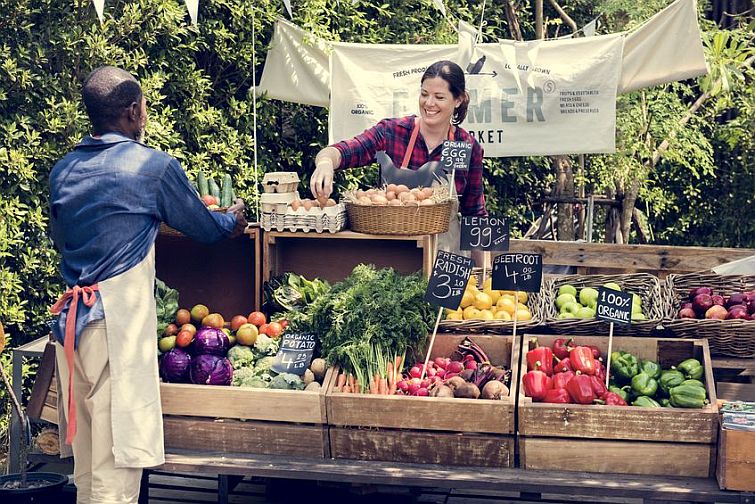
Small businesses have been hit hard by the pandemic with a lot of small retailers/farmers markets struggling to survive. But many of them have set up online shops and you can continue to support them. This allows you to ask questions about the food you’re buying, know more about its provenance and reduce the amount of imported food you buy. It is also likely to be much fresher as it would not have been sitting in a warehouse or on a supermarket shelf for weeks.
There are stories of many people who have started to shop with local retailers and at farmers markets during the pandemic and have discovered a whole new way of shopping. They have started a personal connection with the people in the shop and found buying groceries to be a joy rather than a chore.
When it comes to non-food items and presents, you can still support small. Online shopping has allowed small retailers (often micro businesses of one person) to start selling directly to consumers. On platforms like etsy.com you can buy handmade items often made by women working from home. Do remember to choose e-shops in your country if possible to reduce the carbon emissions from the delivery.
#6 Stay Safe
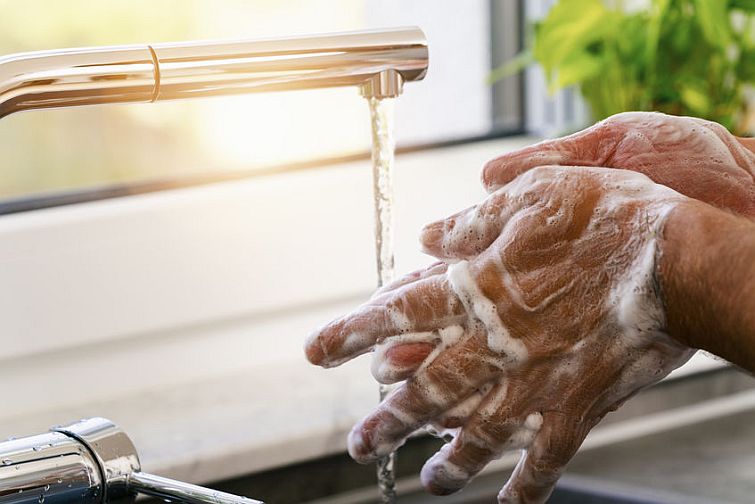
For those families who can get together this Christmas, it is important to still take precautions to stay safe. We know that handwashing is one of the most effective ways to protect against the virus. If your hands are suffering from all the washing, do consider an organic or fragrance-free hand wash which will be kinder to your hands and the environment. When you have access to water, hand washing is always preferable to hand sanitizer. This will be a nice treat for your guests too! Remember to turn the water off whilst you are actually washing your hands and then turn on to rinse off.
Fresh air and ventilation is really important. So during the festivities, try to open windows at regular intervals if the weather allows and you are not in a high pollution area. Avoid synthetic fragrance in candles as this can often be an irritant as well as creating an unhealthy atmosphere inside. Organic or natural fragrances smell so heavenly anyway!
#7 Christmas Travel

Many of us will only be able to travel locally or within our own country for the festive season. Although there are some parts of the world which are still safe and many families are planning a get-away. Whichever way you will be traveling, make it a sustainable Christmas by offsetting your travel using the Wayaj carbon footprint calculator. You can choose from a selection of carbon offset projects, such as hydroelectric, wind power and reforestation.
#8 New Year’s Resolutions for a more sustainable you
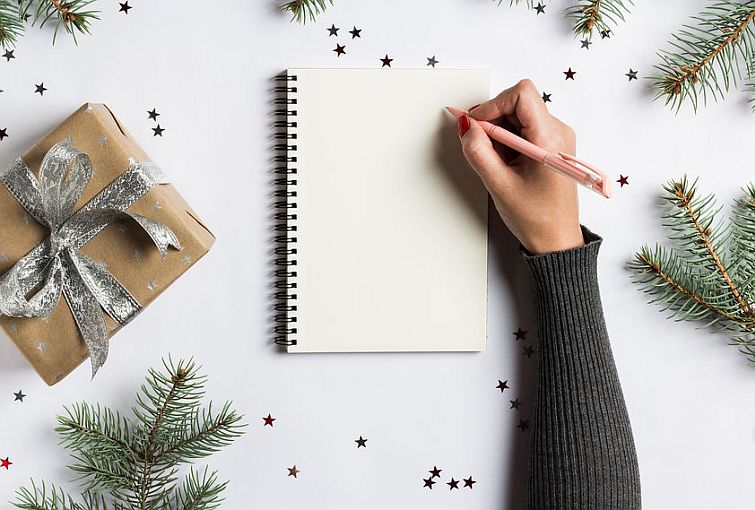
This Christmas is likely to be one we will always remember and let’s hope that Christmas 2021 will be very different. 2020 has been a difficult year for everyone but it has brought attention to the fact that we all need to play our part in creating a better and secure future for every living being on the planet.
Why not start on your list of 2021 resolutions with small ways you will start to be more sustainable in your own life and do your bit in creating a better world for all of us.
As a traveler, remember to use Wayaj to help you plan your next vacation to earth friendly hotels and offset your carbon footprint.
As a hotelier, make 2021 the time to start on your sustainability journey or go even further if you are already on your way. Wayaj offers lot of services to help you.

